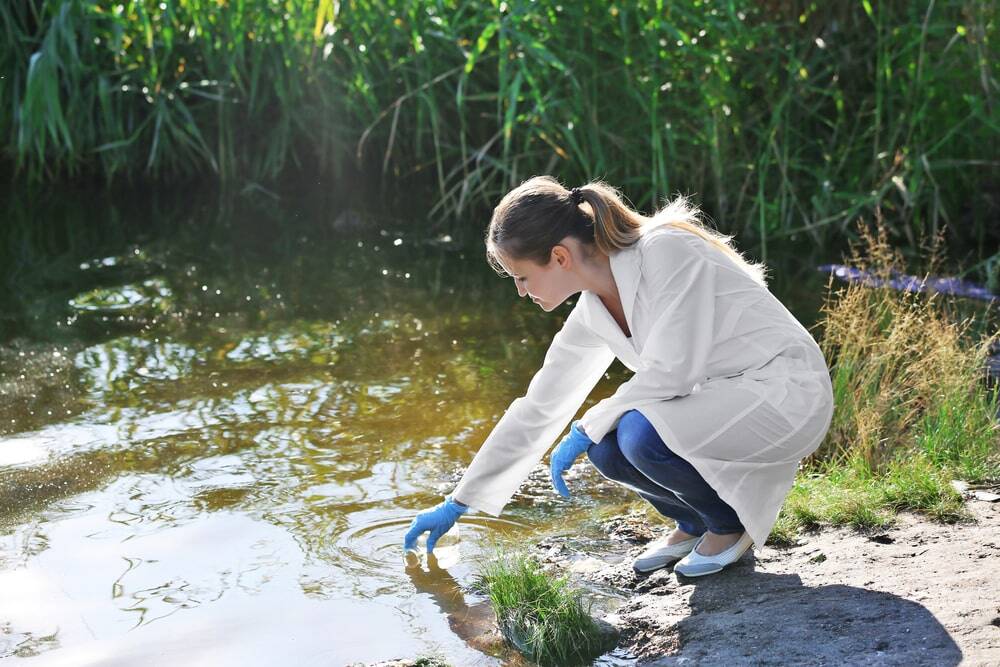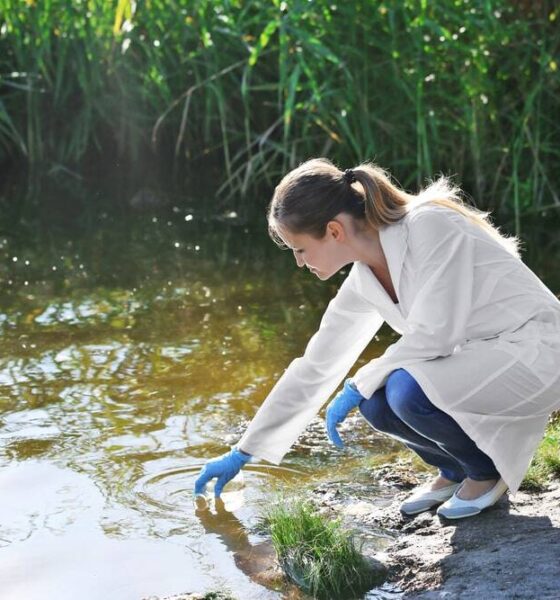

Sustainability
How to Raise Funding for Sustainable Scientific Research
Funding for sustainable science may have changed with time, but the fact remains that it’s a necessary evil. Even Professor Brainard in Disney’s The Absent-Minded Professor had to get the equipment to invent flubber somewhere. (Flubber was sustainable, right?) They don’t sell those test tubes and beakers at the dollar store, after all. Today, we all contribute to scientific research, either directly or indirectly. Typically, the government, research companies, and non-profit foundations give direct funds to scientific research. As a society, we indirectly contribute to research by paying taxes, buying products and services, and giving to charities.
But if you’re trying to get funding for your sustainable scientific research, where do you turn? Here are a few of the most reliable financial sources.
Apply for Federal Grants
The government often takes the initiative of supporting research and development. Funding is given through grants depending on the type of invention, although in some countries, the methods may vary somewhat. In the U.S., there are government agencies that deal with research and development only. For example, the National Science Foundation helps researchers run their studies smoothly by providing the required resources. The sustainable research community remains optimistic that the governments of the world will pour more resources into cleantech and other forms of sustainable research.
Seek Out Socially Responsible Venture Capitalists
A venture capitalist (sometimes called a V.C. or an angel investor) is an entrepreneur who sits down with the researcher and strategically assists in funds and manages the risks involved during the startup process. V.C.’s fund businesses in their early stages of development and help them to become big corporations. You’ll need to prepare a detailed business plan for the funding required and give it to the venture capitalist. If you consider funds from a venture capitalist, be ready to answer questions like: What is your research experience? How will your research be useful in the future? And what is the growth potential for your idea?
Recently, the number of ethical angel investors has increased. These people are not billionaires, but individuals who have some cash and are willing to take a measured gamble on your research with the hope of being part of your sustainable research. Investors may be people you know from your backyard or strangers who find your research fascinating. Consider your research niche to find an investor; then visit the related professionals and find out if they are interested in your research.
You will also need to share as much information as possible with your angel investor, but working with this kind of funding can make your research more enjoyable as your V.C. assists with advice from their own experience. Venture capitalists will often fund your research in exchange for an opportunity to invest in it later.
Don’t Overlook Crowdfunding
You can often raise funds for ethical research through crowdfunding, an internet-based method where individuals contribute to studies and projects through websites devoted to this type of fundraising. Each person contributes a small sum of money to help support projects they find interesting. This can be easier than requesting a large amount of money from an organization or government.
Don’t Just Raise Money–Save Money, Too
Getting funding for your scientific research is not necessarily all about raising money. It can be about saving money, too. For example, if you can’t use (or access) an existing lab for your research project, you might want to consider lab equipment financing. This way, you won’t have to spend such a large sum on the equipment upfront. Looking for ways to cut corners on costs now will hopefully allow you to do your research without cutting costs down the line.


 Environment12 months ago
Environment12 months agoAre Polymer Banknotes: an Eco-Friendly Trend or a Groundswell?

 Features11 months ago
Features11 months agoEco-Friendly Cryptocurrencies: Sustainable Investment Choices

 Features12 months ago
Features12 months agoEco-Friendly Crypto Traders Must Find the Right Exchange

 Energy11 months ago
Energy11 months agoThe Growing Role of Solar Panels in Ireland’s Energy Future

















